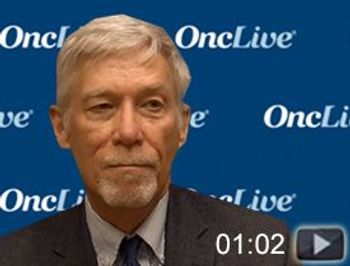
David G. Maloney, MD, PhD, professor of medicine, Division of Oncology, University of Washington, Clinical Research Division, Fred Hutchinson Cancer Research Center, discusses the promise of CAR T-cell therapy in hematologic malignancies.

David G. Maloney, MD, PhD, professor of medicine, Division of Oncology, University of Washington, Clinical Research Division, Fred Hutchinson Cancer Research Center, discusses the promise of CAR T-cell therapy in hematologic malignancies.
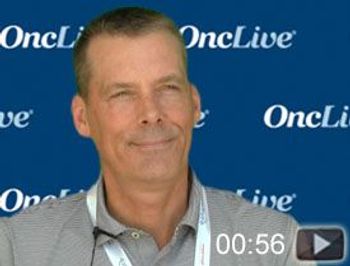
Brad Kahl, MD, professor in the Department of Medicine, Washington University School of Medicine in St. Louis, Siteman Cancer Center, discusses the potential of chimeric antigen receptor (CAR) T-cell therapy in mantle cell lymphoma (MCL).
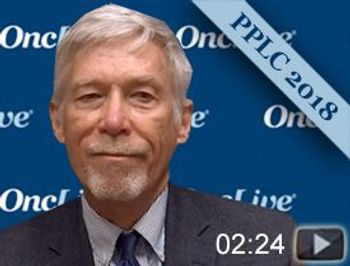
David G. Maloney, MD, PhD, professor of medicine, Division of Oncology, University of Washington, Clinical Research Division, Fred Hutchinson Cancer Research Center, discusses updates with CAR T-cell therapy in non-Hodgkin lymphoma.
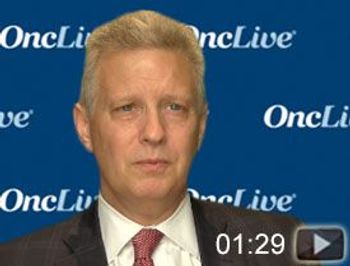
Ian Flinn, MD, director of the Blood Cancer Research Program, Sarah Cannon Research Institute, discusses chimeric antigen receptor (CAR) T-cell therapy in non-Hodgkin lymphoma (NHL).
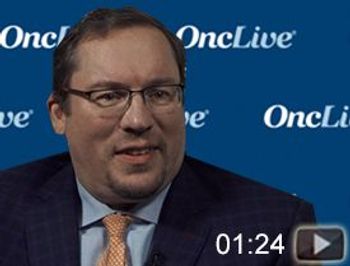
Renier J. Brentjens, MD, PhD, associate professor, chief, Cellular Therapeutics Center, Memorial Sloan Kettering Cancer Center, discusses the future of chimeric antigen receptor T-cell therapy.
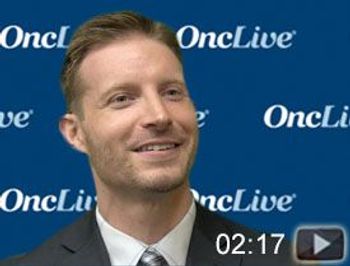
Joshua P. Sasine, MD, medical director, Chimeric Antigen Receptor T-Cell Program, David Geffen School of Medicine, University of California, Los Angeles, discusses chimeric antigen receptor (CAR) T- cell therapy in ovarian cancer.
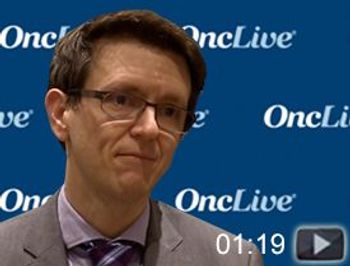
Bradley McGregor, MD, physician, Genitourinary Oncology program, Dana-Farber Cancer Institute, instructor of medicine, Harvard Medical School, compares recent data with combination therapy in renal cell carcinoma.
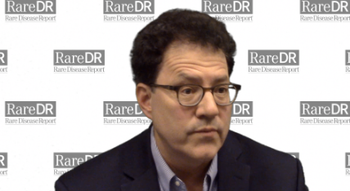
Manuel Litchman, MD, President and CEO of Mustang Bio Inc, highlights the advantages of using CAR-T therapies as treatments for rare cancers.
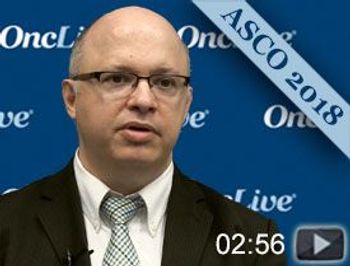
Luciano J. Costa, MD, PhD, associate professor of medicine, Blood and Marrow Transplantation and Cell Therapy Program, University of Alabama at Birmingham School of Medicine, discusses phase II findings with the triplet regimen of venetoclax (Venclexta), carfilzomib (Kyprolis), and dexamethasone in patients with relapsed/refractory multiple myeloma. Costa shared this insight in an interview with OncLive during the 2018 ASCO Annual Meeting.
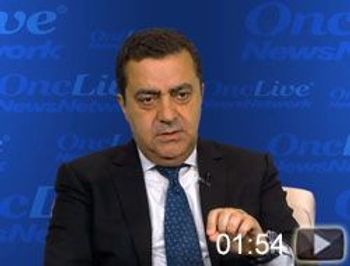
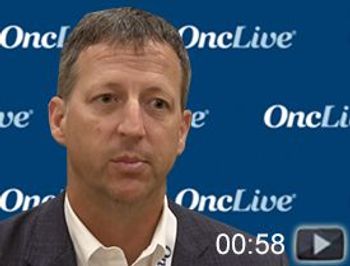
James Urbanic, MD, associate professor, Radiation Medicine and Applied Sciences, University of California, San Diego, discusses the evolution of radiation therapy in the treatment of patients with oligometastatic non–small cell lung cancer.
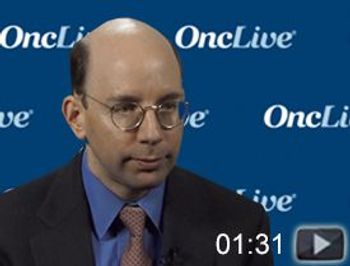
Alexander E. Perl, MD, associate professor of medicine, University of Pennsylvania, discusses remaining challenges with chimeric antigen receptor (CAR) T-cell therapy.
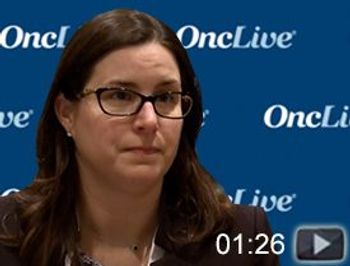
Lauren C. Harshman, MD, assistant professor of medicine, Harvard Medical School, senior physician, Dana-Farber Cancer Institute, discusses moving immunotherapy earlier in the line of therapy for patients with renal cell carcinoma (RCC).
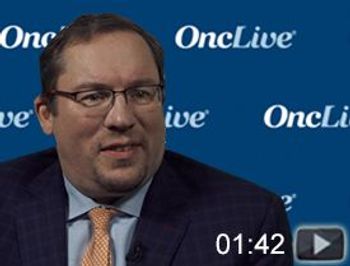
Renier J. Brentjens, MD, PhD, associate professor, chief, Cellular Therapeutics Center, Memorial Sloan Kettering Cancer Center, discusses targets for chimeric antigen receptor (CAR) T-cell therapy.
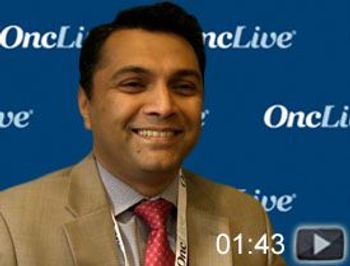
Nilanjan Ghosh, MD, PhD, physician, Levine Cancer Institute, discusses the future of chimeric antigen receptor (CAR) T-cell therapy in the treatment of patients with hematologic malignancies.
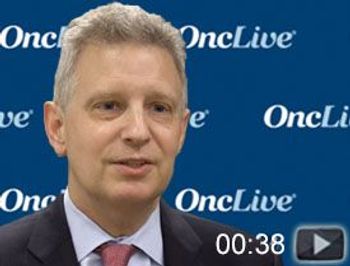
Ian W. Flinn, MD, PhD, director of Lymphoma Research, principal investigator, Sarah Cannon Research Institute, discusses the FDA approval of the chimeric antigen receptor T-cell therapy tisagenlecleucel (Kymriah) for use in adult patients with relapsed/refractory large B-cell lymphoma—including diffuse large B-cell lymphoma.
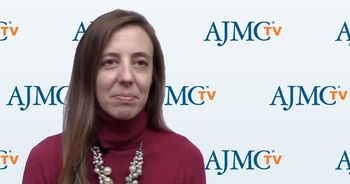
Chimeric antigen receptor (CAR) T-cell treatments are still new enough that there are still unknown regarding long-term side effects, which is something patients need to understand before they undergo treatment, said Shannon L. Maude, MD, PhD, of The Children's Hospital of Philadelphia.
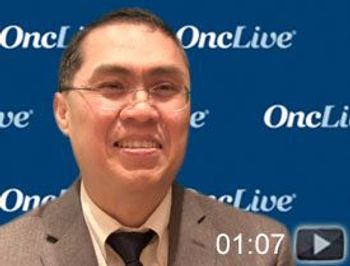
Maung Myo Htut, MD, assistant clinical professor of hematology and hematopoietic cell transplantation, City of Hope, discusses the use of chimeric antigen receptor (CAR) T-cell therapy in patients with multiple myeloma.
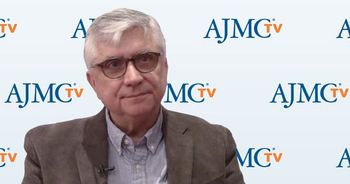
Since patients who receive CAR T-cell therapy experience unique adverse events, there will need to be education for providers who care for these patients, explained Stephen Schuster, MD, of the Perelman School of Medicine.
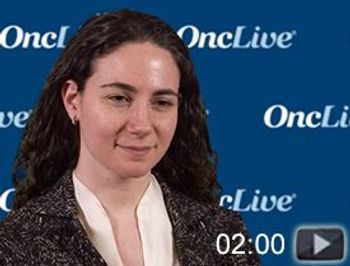
Sarah B. Goldberg, MD, MPH, an assistant professor of medicine at the Yale School of Medicine and Yale Cancer Center, discusses sequencing after therapy with osimertinib (Tagrisso) in EGFR-positive non–small cell lung cancer.
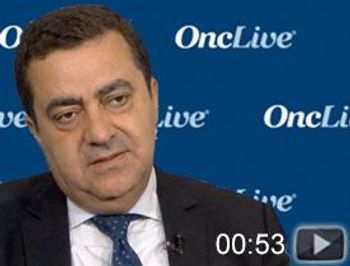
Anas Younes, MD, chief of Lymphoma Service, Memorial Sloan Kettering Cancer Center, discusses the future of chimeric antigen receptor (CAR) T-cell therapy for patients with hematologic malignancies.
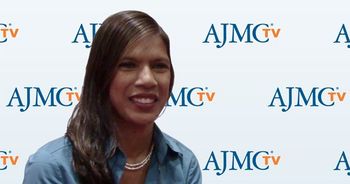
While there has been progress with using chimeric antigen receptor (CAR) T cells to treat multiple myeloma, these treatments aren’t ready for prime time, said Nina Shah, MD, associate professor, University of California, San Francisco, School of Medicine.
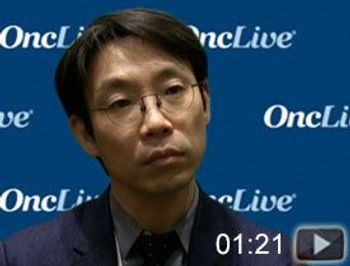
Jae Park, MD, hematologist oncologist, Memorial Sloan Kettering Cancer Center, discusses the potential of CD19-targeted chimeric antigen receptor (CAR) T-cell therapy in adult patients with acute lymphoblastic leukemia (ALL).
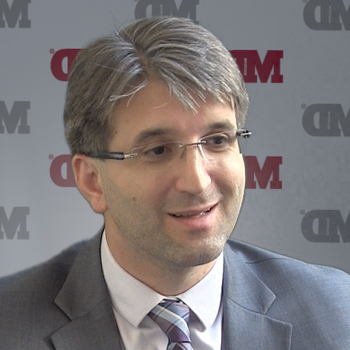
A novel subretinal implantation of a stem cell-based bioengineered patch may restore vision or prevent further vision loss.
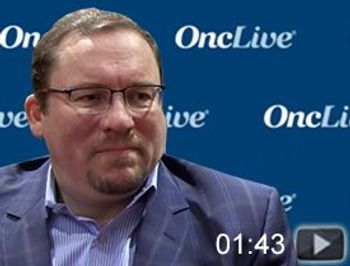
Renier J. Brentjens, MD, PhD, associate professor, chief, Cellular Therapeutics Center, Memorial Sloan Kettering Cancer Center, discusses managing patients after treatment with chimeric antigen receptor (CAR) T-cell therapy.
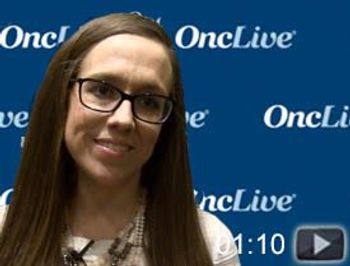
Lori A. Leslie, MD, lymphoma attending, John Theurer Cancer Center, discusses the developing role of chimeric antigen receptor (CAR) T-cell therapy for patients with mantle cell lymphoma (MCL).
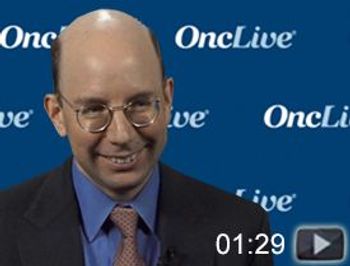
Alexander E. Perl, MD, associate professor of medicine, University of Pennsylvania, discusses potential chimeric antigen receptor (CAR) T-cells in hematologic malignancies.
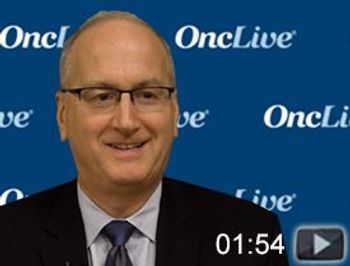
David M. Nanus, MD, medical oncologist, Weill Cornell Medicine/NewYork-Presbyterian Hospital, discusses adjuvant therapy for patients with renal cell carcinoma.
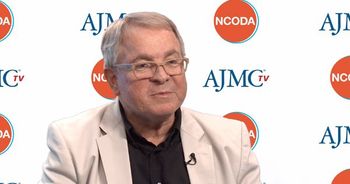
Jim Schwartz, RPh, president of the National Community Oncology Dispensing Association and executive director of pharmacy operations for Texas Oncology, discusses how his practice will handle using CAR T-cell therapies to treat patients.
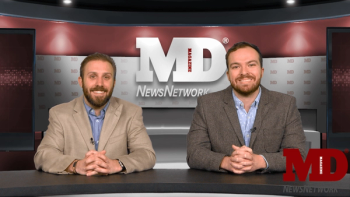
This week on MDNN: America trends toward healthier outcomes, the first-ever gene therapy procedure was performed, and President Donald Trump declared his stance on opioid traffickers.